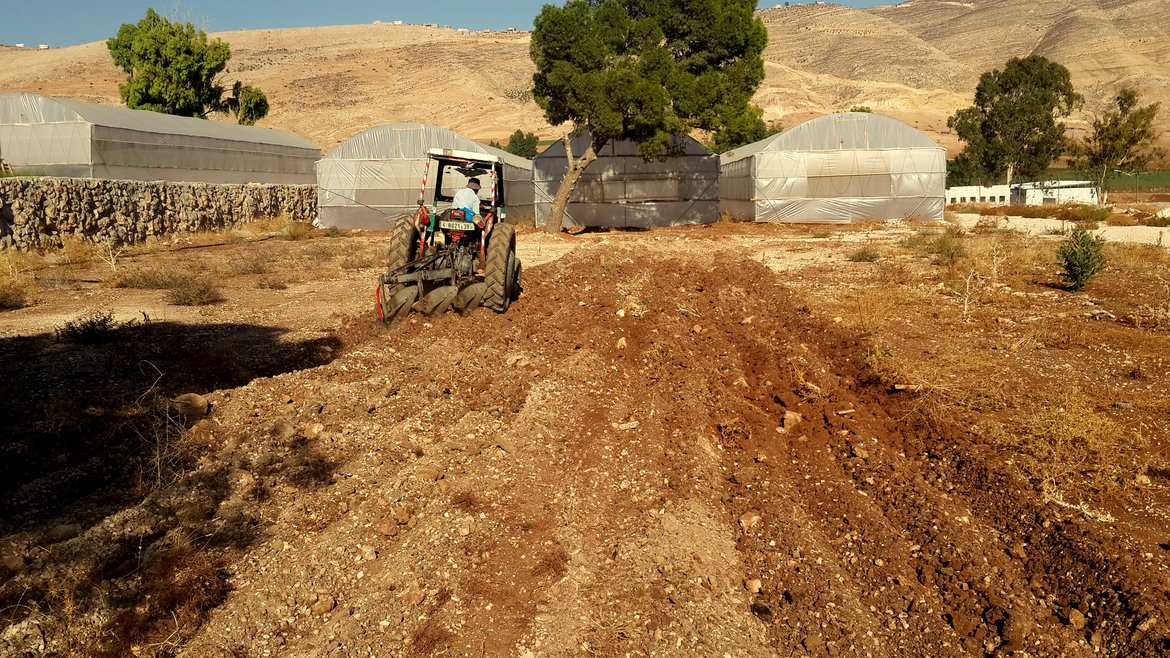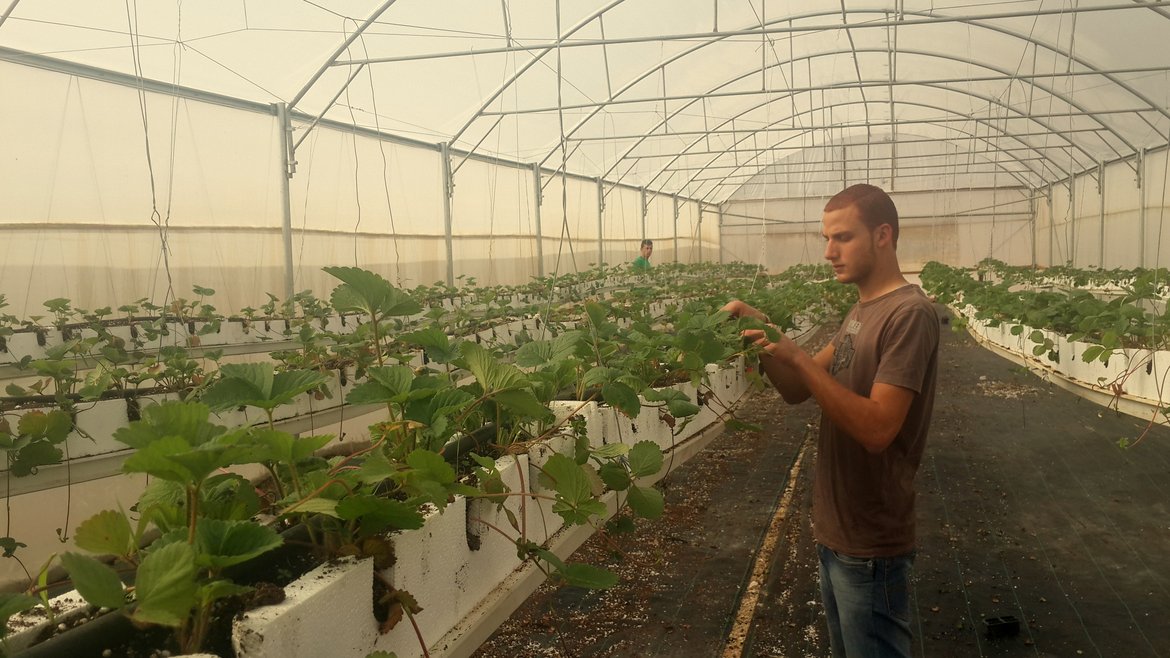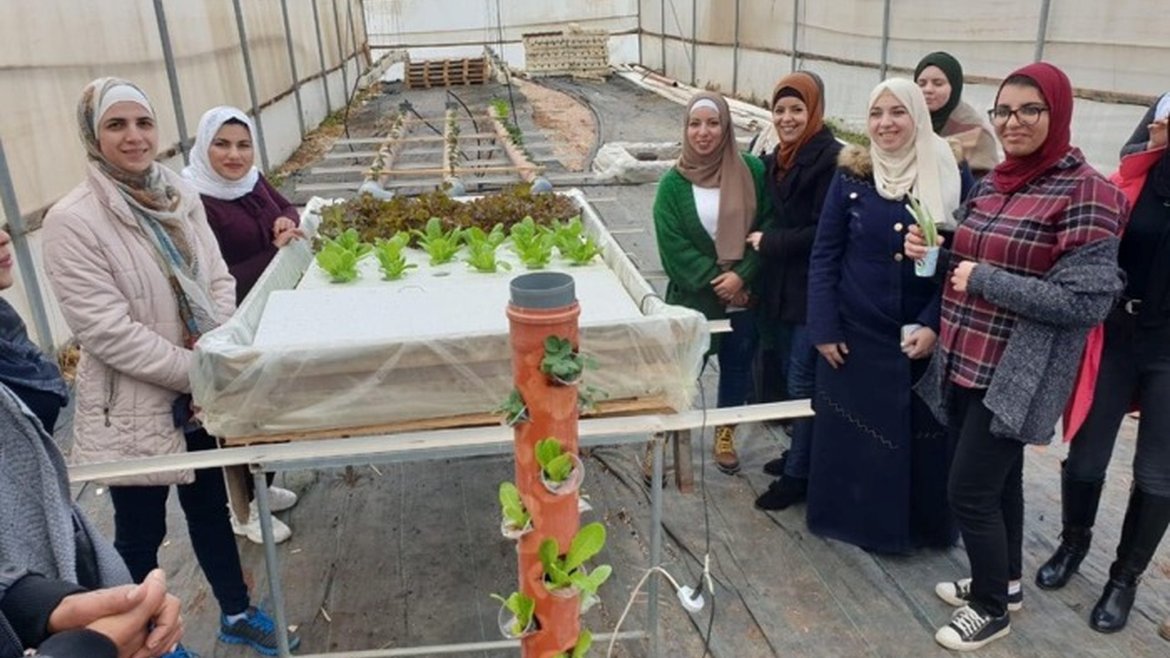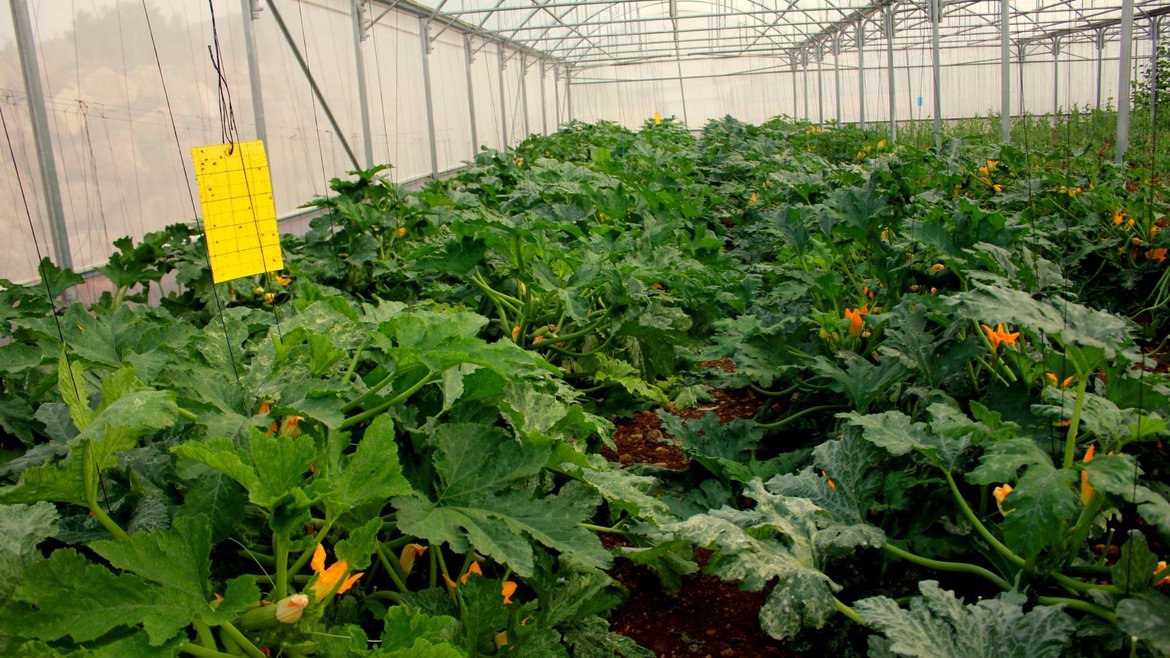An-Najah National University’s Agricultural Research and Training Center serves as a vital resource for farmers, and food producers, offering access to advanced agricultural techniques, modern technology, sustainable practices, and counseling services. Through training programs, research initiatives, and consultations, the center empowers the local agricultural community, helping them adopt sustainable agriculture, improve food security, and enhance productivity in Palestine.
The An-Najah Agricultural Research and Training Center, established in 2014, spans 72 acres, including 11 acres of arable land. This center plays a pivotal role in enhancing food security, promoting sustainable agriculture, and providing counseling services to local farmers, animal farmers, and food producers by offering training, research, modern agricultural techniques, and expert counseling.
Through its comprehensive programs, the center enables students to engage in practical, hands-on training over the course of a full growing season, offering them the skills to speed up crop growth, implement integrated pest management (IPM) strategies, and control environmental conditions in the field. This practical experience benefits students while also supporting local farmers by expanding their knowledge, offering consultations on agricultural issues, and improving agricultural productivity through sustainable methods.

Objectives in Food Security, Sustainable Agriculture, and Counseling:
- Agricultural Services and Counseling for the Palestinian Community: The center offers a wide range of agricultural services and counseling, aiming to support local farmers, animal farmers, and food producers by expanding their experiences, developing their skills, and providing expert advice on agricultural practices.
- Improving Production with Modern Methods: The center promotes the use of modern agricultural techniques such as hydroponics, integrated pest management, and innovative irrigation systems, significantly improving crop yields while conserving water and other resources. Farmers benefit from both training and consultations on how to apply these methods effectively in their fields.
- Agricultural Research, Innovation, and Counseling: The center conducts agricultural research to address local challenges in farming, livestock breeding, and food production, providing solutions and consulting services that enhance food security and sustainable agricultural practices in Palestine.
- Experimental Learning, Economic Analysis, and Counseling: The center emphasizes learning through experience, allowing students and farmers to apply modern techniques and assess them through economic analysis. The center also offers counseling sessions to local farmers, guiding them on how to enhance productivity, reduce costs, and implement sustainable practices.

Key Departments and Initiatives:
- Irrigation Control Unit: This department uses advanced computer-controlled systems to manage irrigation and fertilization, conserving water and optimizing nutrient delivery to plants. Farmers receive training and counseling on this technology, helping them improve water efficiency and crop productivity.
- Agricultural Hothouse: With an internal irrigation system, the hothouse conserves water and promotes balanced farming. This sustainable method is shared with local farmers, along with counseling on best practices for water and resource conservation.
- Seed Germination and Vegetable Grafting Unit: This unit provides controlled conditions for grafting and growing vegetables, demonstrating advanced techniques to students and local producers, while offering counseling on the benefits of these methods.
- Traditional and Modern Agriculture: The center offers training in both traditional methods (e.g., planting cucumbers, tomatoes, and eggplants) and modern practices like hydroponics, ensuring that farmers have access to the full spectrum of agricultural knowledge, with counseling services to guide them through the transition to modern methods.
- Fish Farming: This department focuses on combfish breeding using modern methods, with the water from fish pools repurposed to irrigate crops, creating a sustainable cycle. Local fish farmers benefit from counseling services on how to integrate aquaculture with crop farming efficiently.
- Open-Field and Hydroponic Systems: Students and farmers are trained in both open-field cultivation and hydroponic farming, offering a mix of traditional and cutting-edge techniques. Hydroponics, in particular, is a revolutionary method in agriculture, enabling crops to grow in nutrient-rich water without soil. Farmers also receive counseling on how to incorporate hydroponics into their existing practices.



Future Plans:
- Expansion of Cultivated Land: The center plans to reclaim more land for cultivating crops such as potatoes, cucumbers, and guava.
- Medicinal Herb Cultivation: Plans are underway to cultivate and export medicinal herbs, expanding the market for local farmers, supported by counseling services to help them enter this growing industry.
- Breeding Aquarium Fish: This initiative will promote the breeding of aquarium fish, creating new opportunities for local producers, with expert counseling on breeding techniques.
